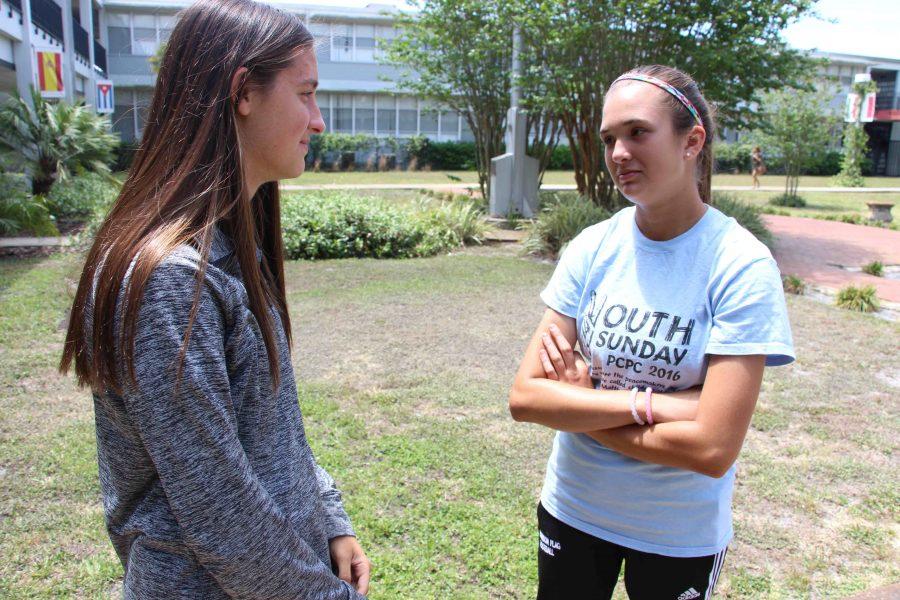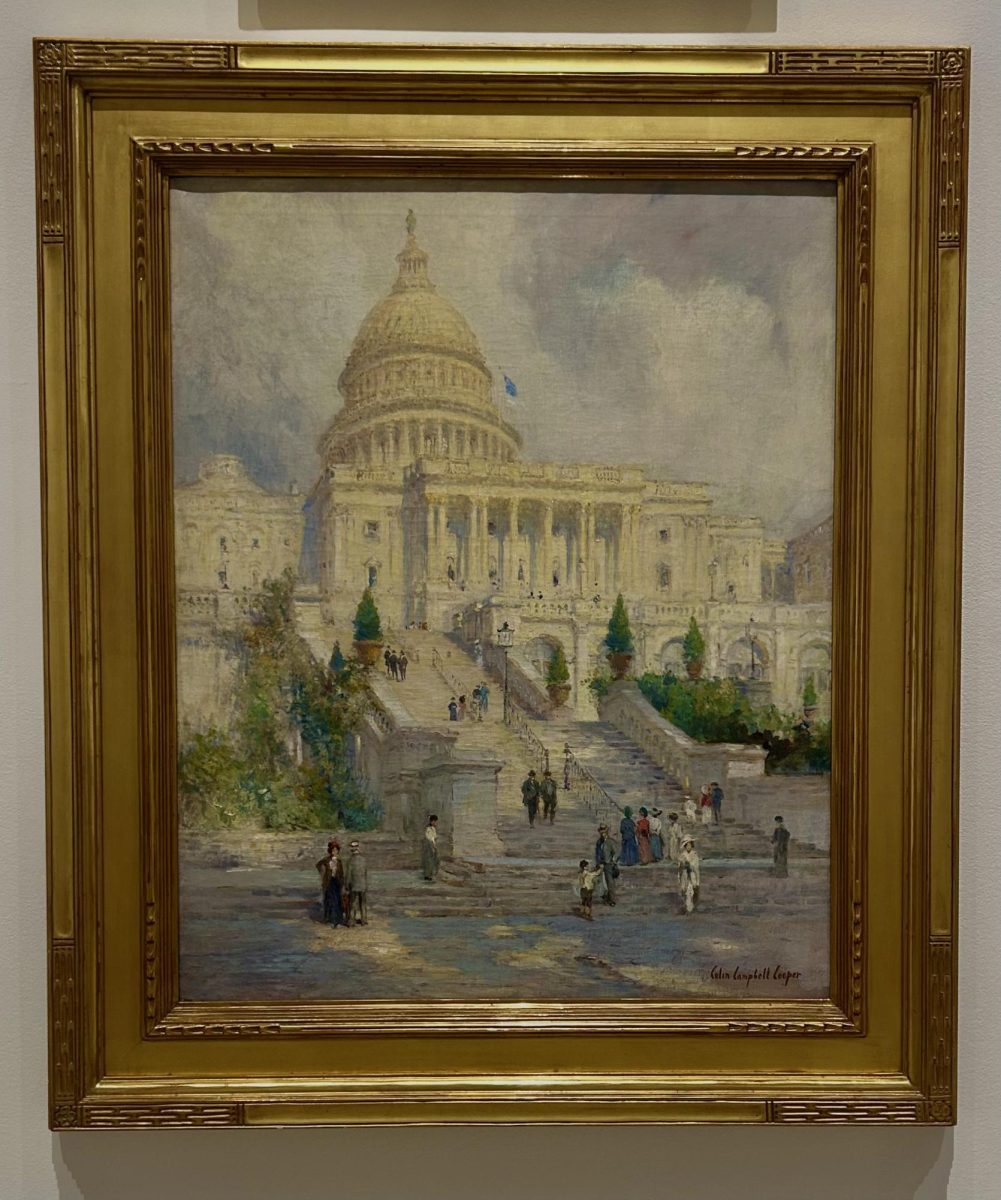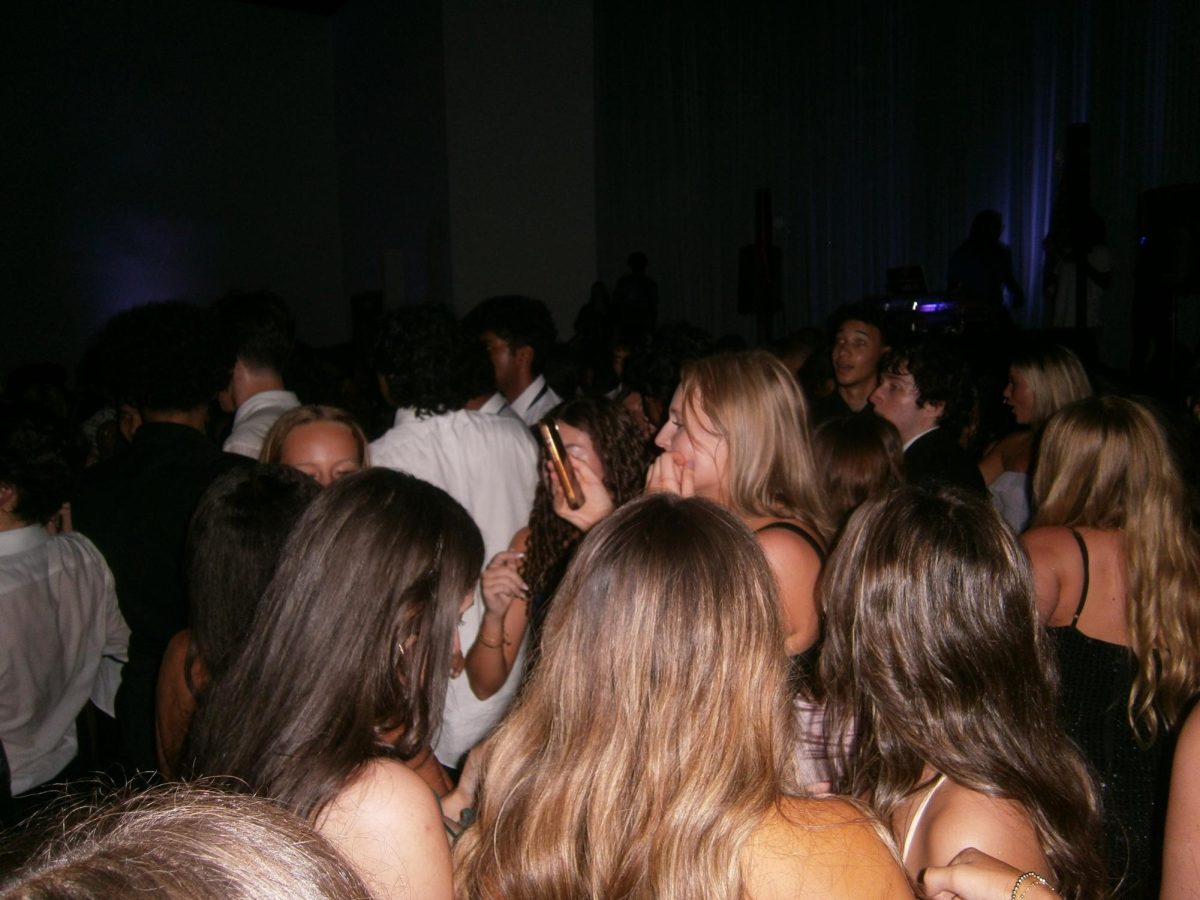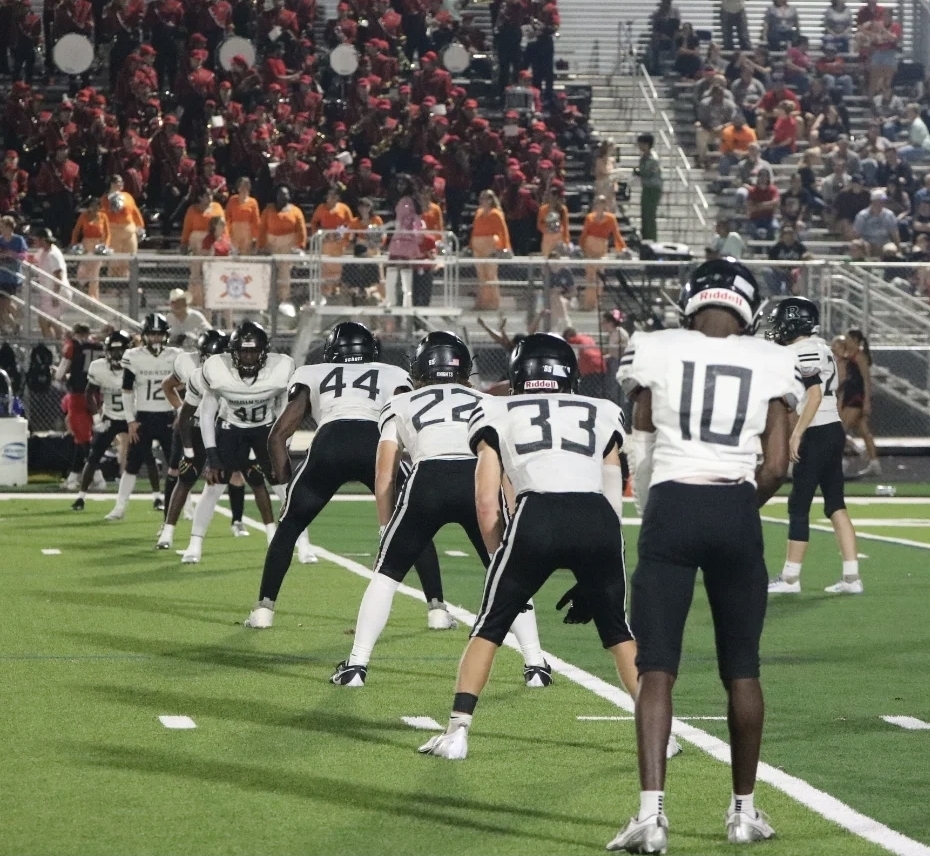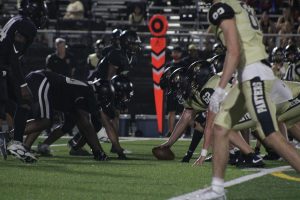Weekly Vexation: Insincere Apologies
Photo Morgan Felt
One Robinson student insincerely apologizes to another when asked about a rumor.
May 14, 2016
“I’m sorry if you…” is not an apology. “I’m sorry if I… ” is not an apology. And “I’m sorry, but…” is not an apology. Insincere apologies are a common occurrence with today’s youth and I believe this is because there is a lack of teens taking responsibility for their actions. These apologies are yet another resource for them to distance themselves from responsibilities in specific situations.
One of the most common high school examples is the stereotypical “he-said-she-said” scenario, with drama being spread from person to person, each time over exaggerated or told in different ways. In fact, high school drama is a lot like the beloved childhood game Telephone: it starts off with something simple, like the sentence “I have a dog.” By the end of this game (also known as the high school gossip chain) the sentence may be something like “My eye can’t see in this fog.” This sentence, although not potentially damaging to anyone’s high school reputation, demonstrates the ease in which false rumors can be spread.
“I think, especially in high school with all the drama and rumors, insincere apologies are a real issue because teens are hesitant to take responsibility for their actions,” Ashley Roldan (’17) said.
This situation may seem over exaggerated but I can assure you this is relatively close to the drama going around in most high schools.
Matthew Reinecke (’18) said, “Insincere apologies really make me reevaluate my friendship with someone, because if they don’t care enough about me to be sorry, I don’t really want them in my life.”
Overall, it is important to ensure the sincerity of apologies because teens need to take responsibility for their actions, rather than using insincere apologies to escape them.

